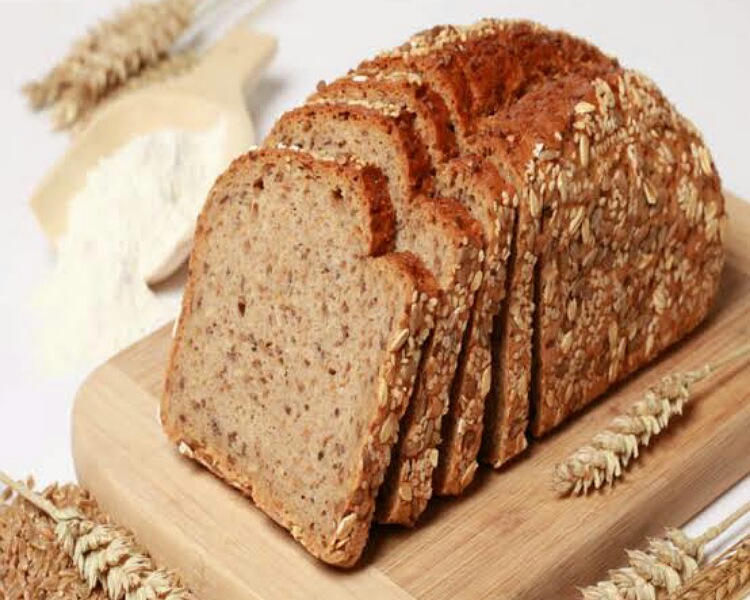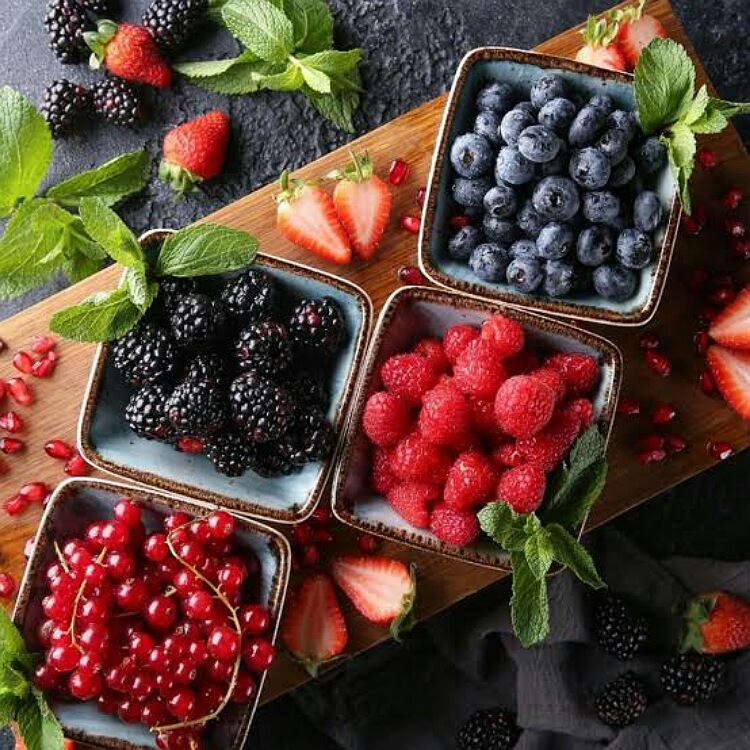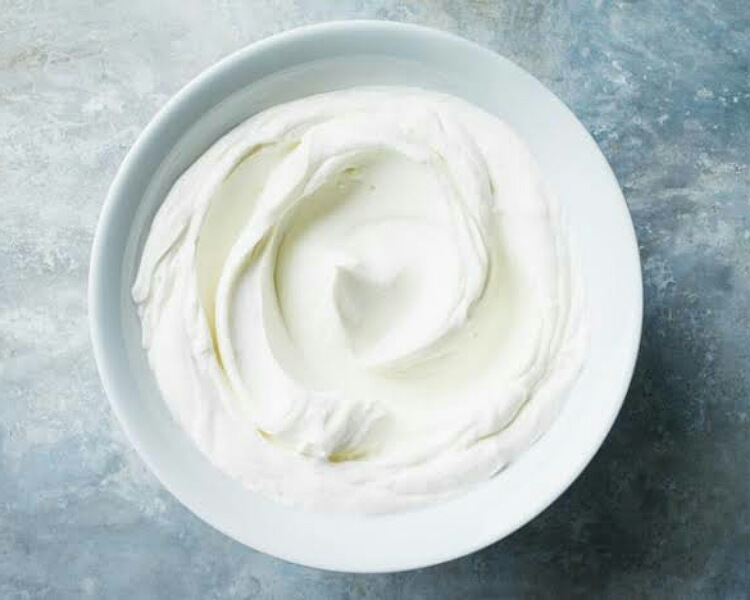Carbohydrates are an essential macronutrient for the body. But these days with obesity and chronic diseases on the rise, it has gained notoriety. But one cannot avoid it. Hence one should incorporate healthy carbohydrates for a balanced, wholesome diet.
Carbohydrates and it’s bad reputation
Carbohydrates are an essential food component just like proteins and fats. They are macronutrients that our body requires for optimal brain and body function. As per the USDA/DHHS Dietary Guidelines for Americans 2020-2025, one should consume enough carbs daily to provide 45 to 65% of the energy requirements of the day. But unfortunately, carbs have got a bad name. This is because of their link with chronic health conditions and obesity. Dietitian Rachael Hartley states:
“There’s an automatic negative perception around carbs, just as there is an automatic positive association with protein,”
“Because of this perception, many people think that eating healthy means limiting carbohydrates, when in reality, carbs are the body’s preferred source of fuel, and a valuable source of vitamins, minerals and fiber.”
Carbs and their metabolism
Carbs break down to form glucose. This gives energy to the body. And grains, starchy vegetables, dairy and fruits abound in this macronutrient. Carbs can be simple or complex. The former are in fruits and refined white grains while the latter are found in whole grains and starchy veggies. Their nutrition varies but both are essential for the body cells. These are the best healthy carbohydrates that one should consume amply:
Whole grains
Oats and rice are good for the body. Oats have complex carbs and can lower LDL cholesterol. They also have fiber that helps nourish the good gut bacteria. Rachael says:
“I love oatmeal because it makes a tasty and satisfying breakfast, and also contains cholesterol-lowering, gut-friendly soluble fiber,”
Both brown and white rice are good for the body. Rachael reveals:
“While I love the nutty flavor of brown rice in many dishes, white rice is a favorite and a staple food in many cultures,”
“White rice is inexpensive, easy on the digestive system, fortified with vitamins and minerals and only has one less gram of fiber than brown rice.”
Farro
This is an ancient grain with complex carbs. They are rich in fiber: 5 grams per serving of 1/2 cup cooked. And same amount of serving has 6 g of protein. Moreover, it has iron in it.

Bread
Bread has fiber and calcium and magnesium. Whole grain breads are healthier with more nutrients. Rachael shares:
“For athletes and other active people I work with, having refined grains before a sports event is a great choice for providing a quick source of easily digestible energy,”
White bread is also good for an upset stomach.
Starchy vegetables
Potatoes are nutrients packed with 4 g protein, 5 g fiber and potassium. Both white and sweet potatoes are healthy. Rachael enlightens:
“Lots of people think white potatoes are unhealthy or don’t contain any nutrients, but they’re actually rich in the antioxidant vitamin C, potassium, and contains a nice dose of fiber,”
Pumpkins are also excellent for energy. Moreover, they provide beta-carotene that helps vision and skin. It has iron, potassium and fiber too.

Fruits and dried fruits
Berries, bananas and dates are all good. All berries are loaded with fiber, healthy carbs, vitamin C and other nutrients. They reduce inflammation, blood pressure and improve cognitive function and insulin sensitivity. Bananas are rich sources of potassium, magnesium and prebiotics. They provide quick energy. Dates are rich in fiber, minerals and vitamins. They have soluble fiber that can lower blood bad cholesterol. And their insoluble fiber bulks stools and regulates bowel movements.
Also, read Greek yoghurt: the misnomer, recipe, nutrients, and health benefits!
Yoghurt

They have healthy carbs with lactose, calcium and vitamin D. They also contain protein. Avoid those that have added sugar or are flavored. Greek yoghurt is best.
